Kids’ Quests Help Kids Learn About Disabilities and Health [web resource]
 Kids’ Quest is a website that was created by the Centers for Disease Control and Prevention (CDC) to get kids to think about people with disabilities and some of the issues related to daily activities, health, and accessibility. Read more ›
Kids’ Quest is a website that was created by the Centers for Disease Control and Prevention (CDC) to get kids to think about people with disabilities and some of the issues related to daily activities, health, and accessibility. Read more ›


 ADHD often occurs with other disorders. Many children with ADHD have other disorders as well as ADHD, such as behavior or conduct problems, learning disorders, anxiety and depression.
ADHD often occurs with other disorders. Many children with ADHD have other disorders as well as ADHD, such as behavior or conduct problems, learning disorders, anxiety and depression.
 The American Academy of Pediatrics (AAP) has updated a clinical practice guideline that provides recommendations for the diagnosis and treatment of children with attention-deficit/hyperactivity disorder (ADHD).
The American Academy of Pediatrics (AAP) has updated a clinical practice guideline that provides recommendations for the diagnosis and treatment of children with attention-deficit/hyperactivity disorder (ADHD). 
 Children with attention-deficit/hyperactivity disorder (ADHD) experience more obstacles in their path to success than the average student. The symptoms of ADHD, such as inability to pay attention, difficulty sitting still, and difficulty controlling impulses, can make it hard for children with this diagnosis to do well in school.
Children with attention-deficit/hyperactivity disorder (ADHD) experience more obstacles in their path to success than the average student. The symptoms of ADHD, such as inability to pay attention, difficulty sitting still, and difficulty controlling impulses, can make it hard for children with this diagnosis to do well in school. 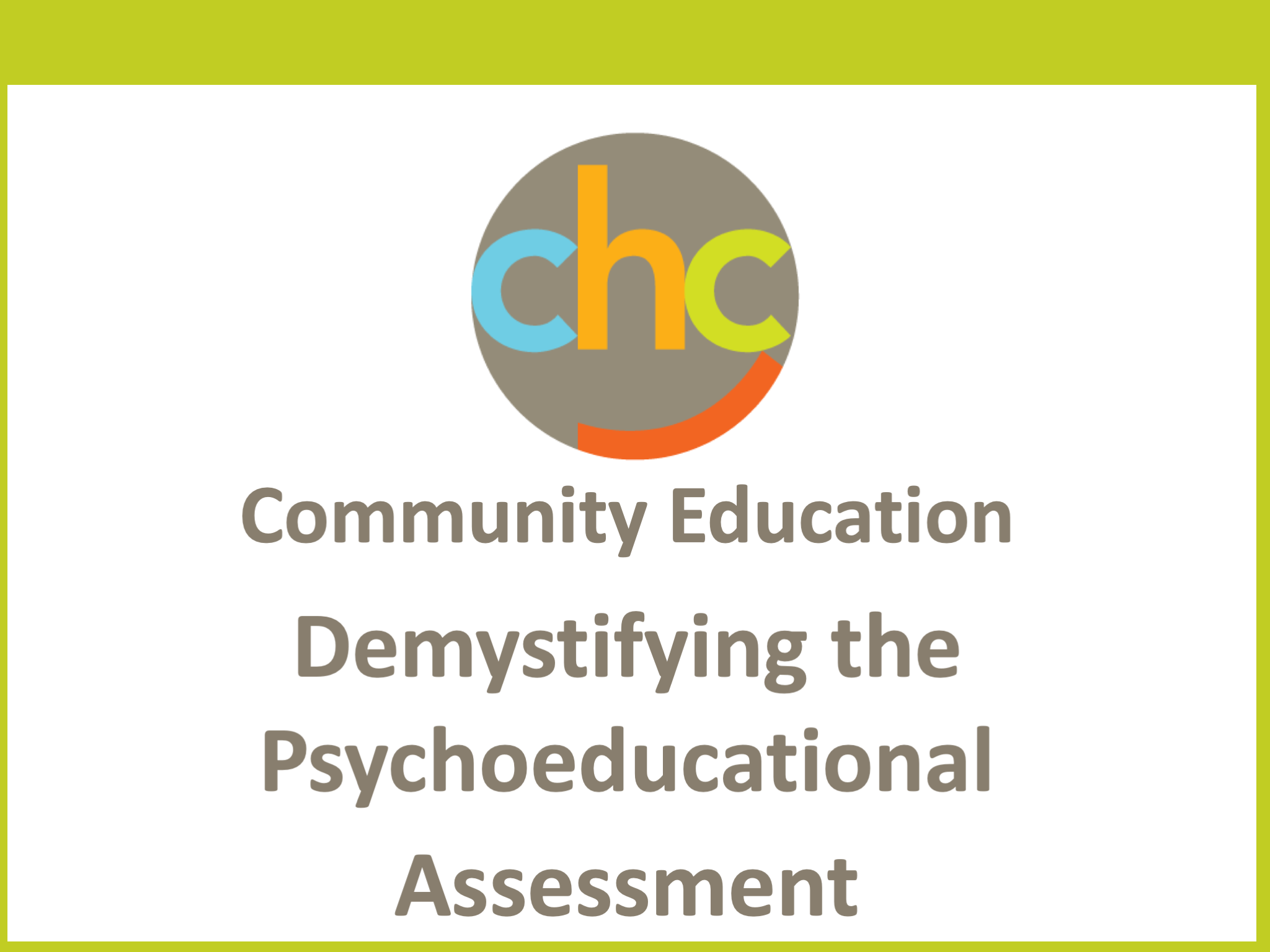
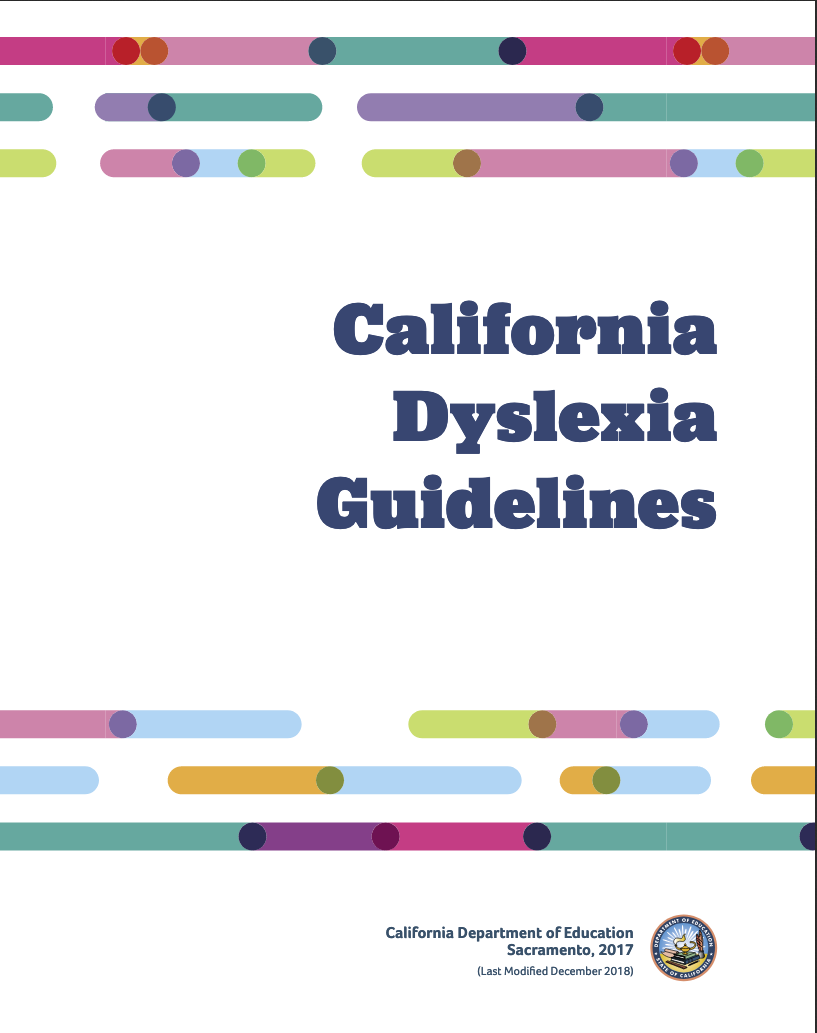

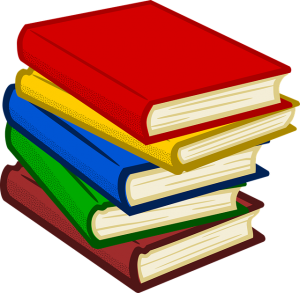 Teachers are increasingly adding more online learning tools into their classrooms in an effort to increase student engagement, but
Teachers are increasingly adding more online learning tools into their classrooms in an effort to increase student engagement, but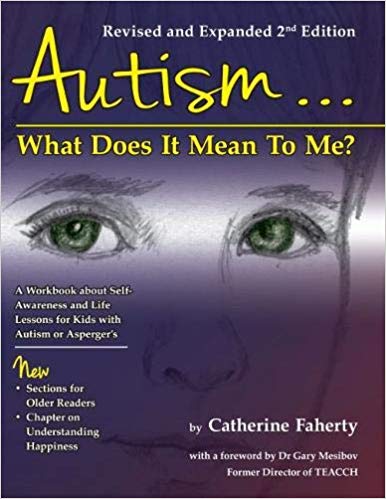
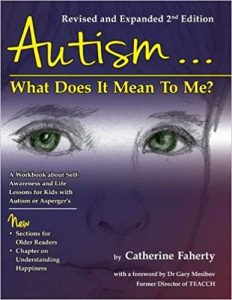 Autism: What Does It Mean to Me?
Autism: What Does It Mean to Me?
 Our 7-year-old was recently diagnosed with autism spectrum disorder. He’ll be moved to a new classroom and begin ABA therapy in the next few weeks. Can you give us some advice on helping him understand what’s going on?
Our 7-year-old was recently diagnosed with autism spectrum disorder. He’ll be moved to a new classroom and begin ABA therapy in the next few weeks. Can you give us some advice on helping him understand what’s going on?
 Your child tends to forget things, has difficulty listening to and following instructions, working independently, and completing tasks. She struggles with setting priorities and resisting impulses. Sound familiar? Your child may be struggling with executive function issues.
Your child tends to forget things, has difficulty listening to and following instructions, working independently, and completing tasks. She struggles with setting priorities and resisting impulses. Sound familiar? Your child may be struggling with executive function issues. 

